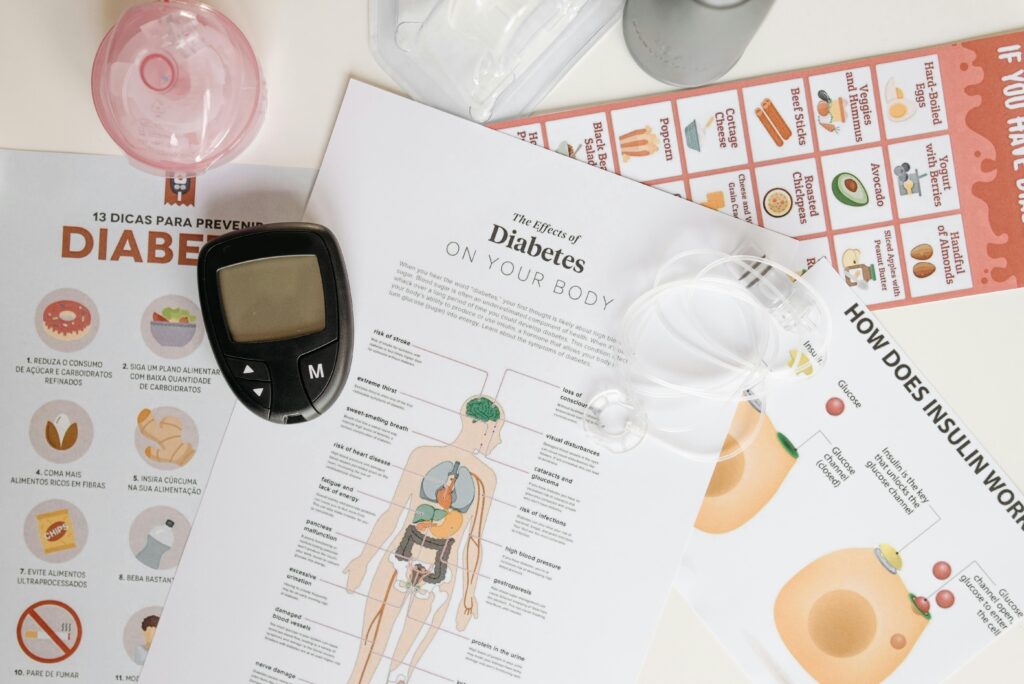Alzheimer’s disease is a progressive condition that affects memory, thinking, and behavior. As more people live longer, the number of individuals diagnosed with Alzheimer’s continues to rise. For families and caregivers, the journey is heartbreaking and challenging. But there’s hope. In 2025, scientists and doctors have made significant strides in understanding and treating this condition.
A New Way to Diagnose: Blood Tests for Alzheimer’s
For the first time, a simple blood test is available to help diagnose Alzheimer’s disease. This test looks for specific proteins in the blood that are linked to Alzheimer’s. It’s a huge improvement over older tests like brain scans or spinal taps, which are expensive and invasive.
The blood test is fast, accurate, and much easier for patients. It can help doctors spot the disease earlier, allowing for quicker care and better planning. Early diagnosis gives patients and families more time to make decisions and seek support.
Kisunla (Donanemab): A Treatment with Promise
Another major development is a drug called Kisunla, also known as donanemab. It is designed for people in the early stages of Alzheimer’s. Kisunla works by clearing harmful plaques from the brain. These plaques are believed to be one of the main causes of memory loss in Alzheimer’s.
People taking Kisunla in clinical trials showed slower memory loss and thinking problems compared to those who didn’t take the drug. It won’t cure Alzheimer’s, but it may give people more time to live independently. However, the treatment is only suitable for certain patients and must be used under close medical supervision.
Microglia: The Brain’s Natural Helpers
Inside our brains are tiny immune cells called microglia. These cells act like the brain’s cleanup crew. New research shows that microglia can help clear the toxic plaques that build up in Alzheimer’s disease.
Scientists are now exploring how to encourage microglia to become more active and effective. If successful, this could become a natural and powerful way to slow the disease without relying only on medication.
An Unexpected Clue: Cold Sores and Brain Health
A surprising discovery this year links the virus that causes cold sores to Alzheimer’s. Some researchers found that people with frequent cold sores may be more likely to develop Alzheimer’s later in life. This doesn’t mean the virus causes Alzheimer’s directly, but it may play a role.
If this connection is confirmed, it could lead to new ways to prevent or delay Alzheimer’s by treating the virus early.
Alzheimer’s is still a difficult and complex disease, but the research from 2025 brings new hope. With better tests, new treatments, and fresh ideas about how the brain works, we are closer than ever to making life better for those affected.
If you found this blog helpful, please share it with your friends and family. Let’s spread awareness and support each other in the journey against Alzheimer’s. Follow us for more updates on the latest in health and medical research.






